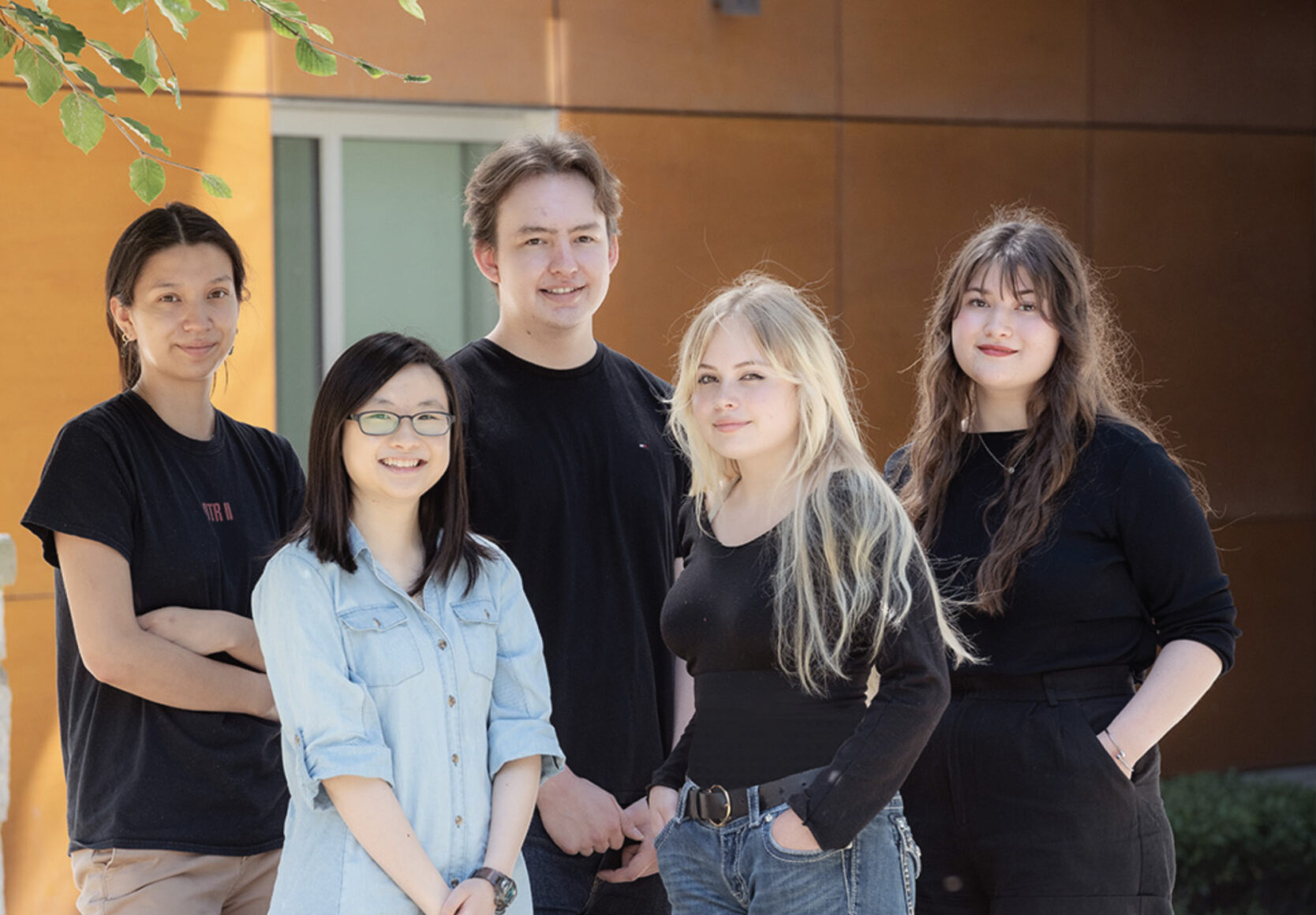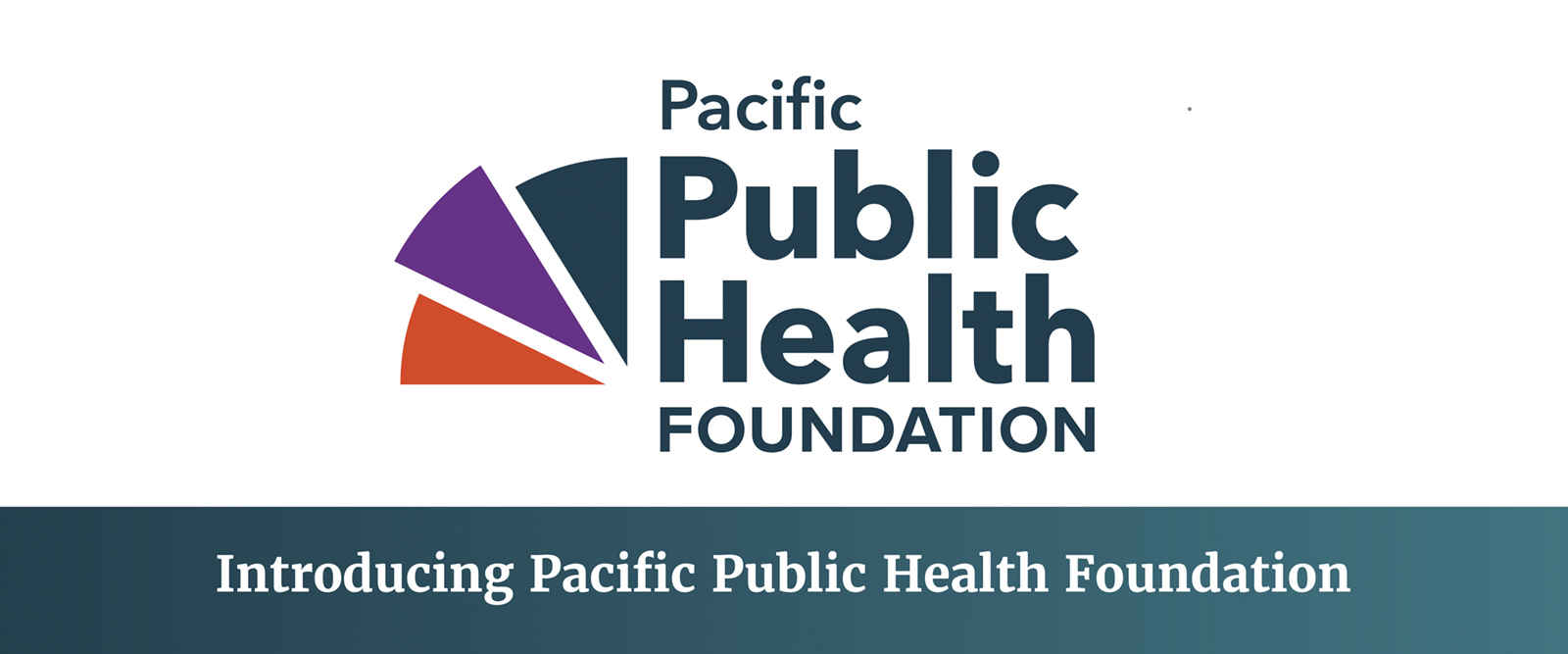While the last few years have been difficult, and we are all ready to move forward, the pandemic is not over. In January 2023, the World Health Organization (WHO) determined that the pandemic remains a public health emergency of international concern, indicating that we are at a transition point—SARS-CoV-2 remains a risk to health, and variants of concern are still with us. Just over a year ago, we were in the midst of the highly contagious Omicron wave, and its sub-variants continue to emerge (e.g., XBB.1.5).
Though it may feel different, as we are learning to live with SARS-CoV-2 as a circulating respiratory virus, we must understand that there remains a global health emergency of which we cannot become complacent. We must still protect those who have been made more vulnerable due to the pandemic, and we must also focus, for example, on long-term data collection for vaccine effectiveness, advancing vaccine equity, and applying lessons from the current pandemic to future threat responses.
Our work, therefore, continues.
The SPEAK Surveys data are critically important to help us understand where to focus our efforts. To date, data show negative impacts on mental health and stress and that societal impacts are inequitably distributed, with families with children, young adults, and people from lower socioeconomic backgrounds most impacted. Taking this into consideration, much of the work of public health is shifting from acute, and often real-time, response, to strategic, proactive recovery and addressing the societal consequences of the pandemic and pandemic-related measures, as well as applying lessons to help us prepare for the future. These efforts will take years.
What does this mean for us?
It means we’re actively listening, learning, engaging, and convening work to advance equity, community resiliency, the social determinants of health, and a stronger, innovative public health sector. Here’s a snapshot of some of our current solutions-focused projects and priorities, as we shift towards the future.

- As BC shifts towards pandemic recovery, there is a limited window of opportunity to learn from the experiences of those engaged in the pandemic response and identify areas for improvement to prepare for emerging pathogens and future pandemics. It is critical to learn from the public health experience of the pandemic in order to prepare for the future. We’re funding a project that aims to articulate learnings to inform a provincial pandemic preparedness and response guidance framework, which will ensure BC is ready for future threats.
- Working with Michael Smith Health Research BC, the Simon Fraser University Faculty of Health Sciences, and the Morris J. Wosk Centre for Dialogue, we convened a dialogue event to distill key lessons, strengthen partnerships among public health and research stakeholders, and identify structures and mechanisms to support evidence-based practice, policy, and decision-making, as well as community-relevant public health messaging and tools.

- We continue to fund key areas of immunization research and service, with a specific focus on advancing equity for Indigenous communities. This includes vaccine monitoring, reporting, access, and stewardship in the North to strengthen these areas to ensure that Indigenous communities receive the same access to, and supports for, vaccination.
- Evidence of Indigenous-specific racism in the health system surfaced in powerful ways during the pandemic. We’re supporting a project that will systematically look at the ways in which Indigenous-specific racism, white supremacy, and settler colonialism showed up within the public health response.

- Addressing the societal, or unintended, consequences of the pandemic and pandemic-related measures is critical to rebuilding, recovery, and resiliency. Working with the Ministry of Health and the BC Centre for Disease Control, we’re providing grants across the province focusing on equity in regional health authorities and local communities.
- One fundamental consequence of the pandemic is that youth mental health and wellbeing has been negatively impacted—data from the SPEAK surveys have demonstrated that this must be a core area of work for public health. We’re supporting provincial research to understand the needs and gaps, and build and strengthen interventions for youth.
We look forward to sharing outcomes of these and other projects in future stories and as we advance our new strategic plan to help shape public health over the coming years by focusing on equity, partnerships, innovation, and social justice, anti-racism, and truth and reconciliation.
Together… a constant theme
In early 2020, our Executive Director wrote her first reflections blog, followed by a second reflections piece in early 2022—the theme of both was ‘together.’
In 2023, ‘together’ remains a core theme.
Much of what we are learning and hearing is that public health needs to do a better job of incorporating your voices. The SPEAK Surveys are a vital tool, and one example. Public engagement is important to us, as it brings us together and ensures public health is working for you.
Our work has been, and will continue to be, accomplished together through collaboration and partnerships. This also means our donor community and we’re continuing to advance efforts through Your Health, Our Commitment — a way for you to get involved and help too—gifts to Your Health, Our Commitment will advance the projects above and other critical initiatives.
National COVID-19 Awareness Day was March 11th, to commemorate the day the WHO declared a global pandemic in 2020, offering a day to both remember and to look ahead, and bring people and communities together. As we focus on learning from the pandemic, supporting recovery efforts, and addressing the societal consequences, let’s not forget we still have work to do, together.



